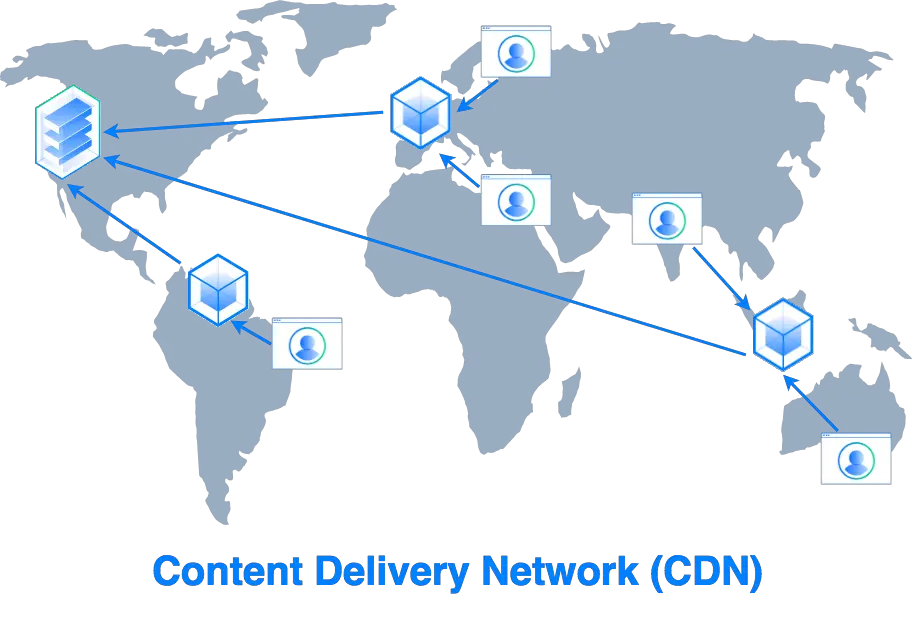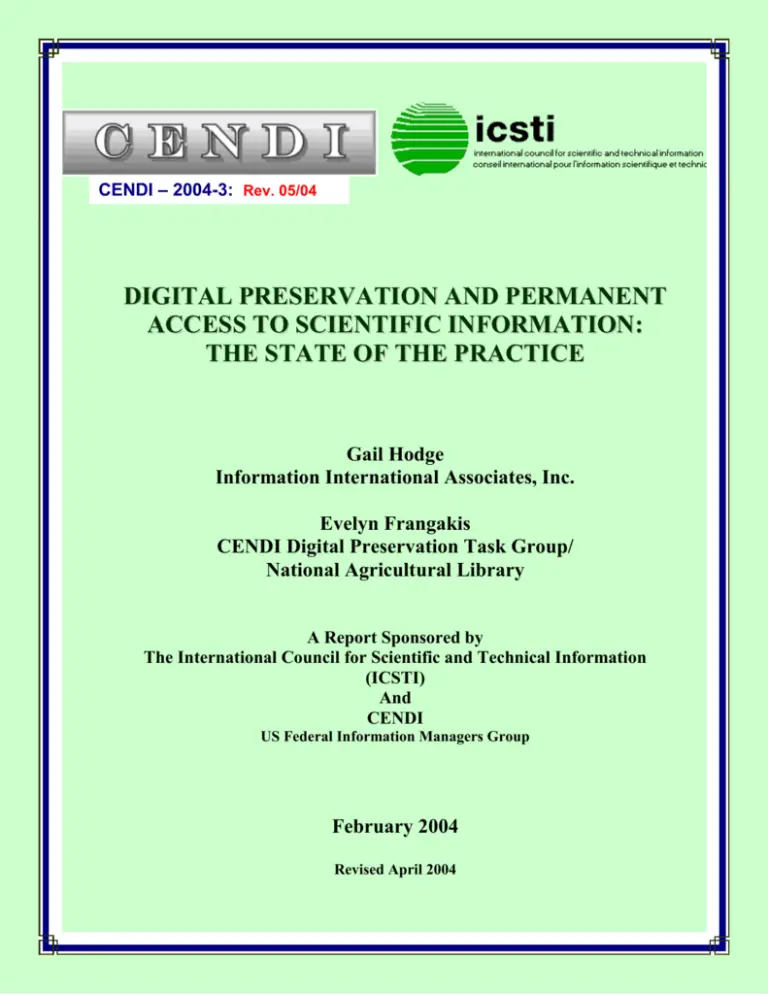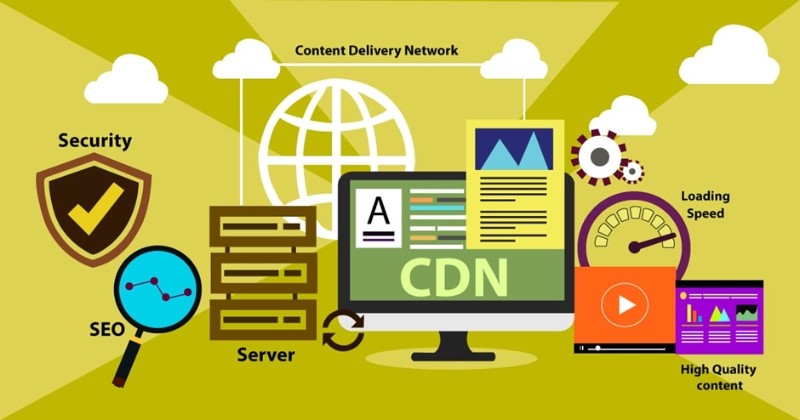Enhanced Data Durability and Reliability:
- CDNs replicate content across multiple servers, ensuring that it is always available, even during outages or peak traffic.
- This redundancy protects against data loss and ensures uninterrupted access to critical content.
Improved Content Delivery Speed:

- CDNs cache content closer to end-users, reducing latency and delivering content faster.
- This improves the user experience for streaming videos, downloading large files, and accessing other digital content.
Reduced Bandwidth Costs:

- By caching content on edge servers, CDNs reduce the need to transfer data over long distances.
- This optimization results in lower bandwidth consumption and reduced costs for content providers.
Increased Scalability and Flexibility:
- CDNs provide on-demand scaling capabilities, allowing providers to handle increased traffic during peak periods.
- This ensures that users have consistent access to content, regardless of demand.
Improved Security:
- CDNs implement various security measures to protect content from malicious attacks and data breaches.
- These measures include encryption, access control, and DDoS protection.
Enhanced User Experience:
- By delivering content faster and more reliably, CDNs improve the overall user experience.
- This results in higher user satisfaction, increased engagement, and reduced bounce rates.
Cost-Effective Storage Solution:
- CDNs offer cost-effective storage solutions compared to traditional on-premises infrastructure.
- They eliminate the need for costly hardware and maintenance expenses.
Support for Diverse Content Formats:
- CDNs support a wide range of content formats, including videos, images, audio files, and documents.
- This versatility allows content providers to store and distribute a variety of digital assets.
Improved Content Analytics:
- CDNs provide valuable insights into content consumption patterns through analytics and reporting.
- This information helps content providers optimize their content strategy and improve user engagement.
Compliance with Regulations:
- CDNs comply with industry regulations, such as GDPR and CCPA, ensuring the secure and ethical handling of sensitive data.
- This helps content providers maintain compliance and avoid potential legal risks.## The Benefits Of Using Cdns For Digital Content Archiving
Executive Summary
Content Delivery Networks (CDNs) offer a powerful solution for digital content archiving, providing significant advantages in terms of speed, reliability, scalability, and cost-effectiveness. By leveraging the distributed infrastructure of CDNs, organizations can ensure that their digital assets are accessible to users worldwide with minimal latency and maximum efficiency. This article explores the key benefits of using CDNs for digital content archiving and showcases how organizations can harness these advantages to enhance their content delivery strategy.
Introduction
In today’s digital landscape, organizations are faced with the challenge of managing and archiving vast amounts of digital content. From streaming media to software updates and sensitive documents, the ability to store and deliver this content effectively is crucial for business continuity, customer satisfaction, and regulatory compliance. Content Delivery Networks (CDNs) have emerged as a preferred solution for digital content archiving, offering a range of benefits that traditional storage and delivery methods cannot match.
Frequently Asked Questions (FAQs)
1. What is a CDN?
A CDN is a distributed network of servers located in multiple geographical locations. It acts as a middleman between the origin server (where the content is stored) and the end-users, caching and delivering content closer to the user’s location.
2. Why should I use a CDN for digital content archiving?
CDNs offer significant advantages, including increased speed, improved reliability, enhanced scalability, and cost savings. They ensure that content is delivered efficiently and securely to users worldwide, regardless of their location.
3. How do CDNs improve content delivery speed?
CDNs cache content at their edge servers, which are typically located closer to the end-users. This reduces latency and improves download speeds, resulting in a seamless user experience.
Key Benefits of Using CDNs for Digital Content Archiving
Improved Performance and Speed
- Reduced latency: CDNs cache content at edge servers, reducing the distance between the user and the content for faster delivery.
- Increased bandwidth: CDNs leverage multiple servers to distribute content, increasing the available bandwidth and improving download speeds.
- Optimized routing: CDNs intelligently route traffic to the nearest edge server, minimizing network congestion and optimizing delivery efficiency.
Enhanced Reliability and Availability
- Fault tolerance: CDNs replicate content across multiple servers, ensuring that content remains available even in the event of server outages.
- Disaster recovery: CDNs provide a reliable backup for digital content, protecting against data loss due to natural disasters or other unforeseen events.
- Increased uptime: CDNs minimize downtime by providing constant monitoring and automatic failover mechanisms, ensuring maximum availability.
Increased Scalability and Flexibility
- Elastic capacity: CDNs can dynamically scale up or down based on demand, ensuring that content is always available during peak traffic periods.
- Global reach: CDNs have a global presence, enabling organizations to reach users worldwide with minimal latency.
- Multi-platform compatibility: CDNs support a wide range of devices and platforms, ensuring seamless content delivery across multiple channels.
Cost-Effectiveness and Efficiency
- Reduced bandwidth costs: CDNs reduce the load on origin servers, significantly reducing bandwidth costs.
- Optimized caching: CDNs intelligently cache frequently requested content, minimizing content delivery costs.
- Improved storage efficiency: CDNs can optimize storage space by eliminating duplicate content and storing it efficiently at edge servers.
Conclusion
Using Content Delivery Networks (CDNs) for digital content archiving offers a comprehensive solution that enhances performance, reliability, scalability, and cost-effectiveness. By leveraging the distributed infrastructure of CDNs, organizations can ensure that their digital assets are accessible to users worldwide with minimal latency and maximum efficiency. Whether it’s streaming media, software updates, or critical business documents, CDNs provide a robust and reliable foundation for digital content archiving, enabling organizations to meet the demands of the modern digital landscape.
Relevant Keyword Tags
- Content Delivery Networks (CDNs)
- Digital Content Archiving
- Improved Performance
- Enhanced Reliability
- Cost-Effectiveness

